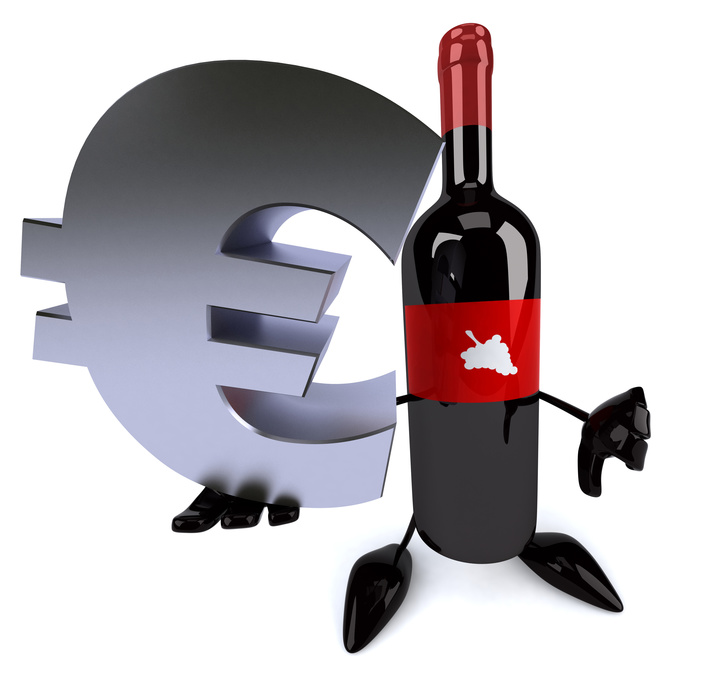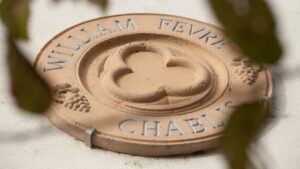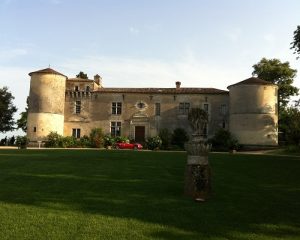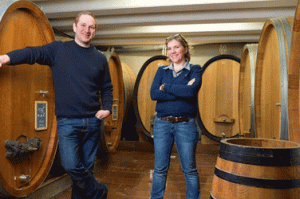
When it comes to selecting a wine we’ve never tasted before, we’ve all asked ourselves this question: can we be certain (or at least stand a greater chance) of getting a top quality wine if we pay a higher price? In theory this is a hard question to answer … However, it would seem that scientific experience from blind tastings can give us some valuable insight into this matter …
François Lévêque (Professor of Economics at Mines-Paristech) has written a fascinating article on this topic for lesechos.fr and iDealwine, so we decided it most definitely had to be shared with you! If at first sight, it seems as if this question cannot be resolved because wine is indeed a product whose quality can only be judged after it has been experienced, which means after it has been purchased, some scientists have nonetheless managed to obtain tangible results by using various blind tasting tests. And the results vary enormously, depending on just how much the panels of tasters know about wine.
The experts prefer the most expensive wines when tasting blind
If you don’t know anything about a particular wine, Lévêque’s advice is to rely on “the experts’ far more developed taste buds” (oenologists, sommeliers, wine merchants). And it is a fact that statistically during blind tastings experts award the highest scores to the most expensive wines. According to a study carried out by the American Association of Wine Economists, on a scale of 0 to 100, the experts award scores seven points higher on average for wines that are ten times more expensive than the others. This study is based on over 6,000 blind tastings with over 500 tasters and prices ranging from $1.65 to $150. Previously several studies had been carried out into this area (e.g., Oczkowski, 1994; Landon and Smith, 1997; Benjamin and Podolny, 1999; Schamel and Anderson, 2003; Lecocq and Visser, 2006). In most cases, they establish a very clear connection between the perceived quality of the product and its price. However, this correlation is not obvious to the layperson, it even appears that when a layperson is blind tasting the correlation between the price of a wine and its perceived quality is negative.
However, non-experts don’t get any more enjoyment from expensive wines, quite the opposite
If the same blind tasting tests are tried out on non-experts then the results obtained are completely different from those with the experts. Non-experts do not consistently go for the most expensive wines, if anything quite the opposite happens. Indeed during a blind tasting, the non-experts will score a wine that is priced ten times higher on average 4 points less (on a scale of 0 to 100). Therefore in this case the correlation between the price of a wine and its perceived quality is negative. The explanation for this attitude lies especially in the fact that the amateur is not particularly sensitive to some characteristic of the wine which are held in high esteem by the professionals.
In normal circumstances (open tasting), all tasters find the most expensive wines more enjoyable
Recent research (Brochet, 2001; Plassmann, 2008) has proven that tasters get greater enjoyment when tasting a wine if they think that it is an expensive wine. Experience does prove that when given two identical wines, but which are marked at a different price, most consumers will select the most expensive one. This means that in addition to the a wine’s inherent value, the psychological effects produced by the wine’s market value can be highly significant during a tasting as is also the marketing and the wine tasters’ notes/comments. In his article Lévêque even suggests telling your guests that the wine you’re serving them is expensive, so that they derive even greater pleasure from drinking it.
So this is what science tells us based on experience and we’re dealing here with general trends and statistics, but of course we all know of examples that prove the very opposite: those little gems under 20 euros that we much prefer to far more expensive wines. Given that wine is a complex product, these conclusions have to be seen in context… As far as tasting is concerned, consumers have a very wide range of tastes; it is not an exact science and many different parameters come into play during a tasting (mood, ambiance, the sort of food that has been eaten beforehand and so on).
Whatever the case may be, at iDealwine we sample each new wine we’re thinking of making available to you, and our prime concern is to see whether we like it and if it is likely to appeal to our the wine enthusiasts, and then we look at the price afterwards! =)
What’s more, if you would like to experiment with tastings at home, you can buy wines on iDealwine at prices ranging from one to … several thousand euros! ^^: For the record, the bottle which has taken the lead in 2016 (for the time being) on iDealwine is a 1961 Hermitage La Chapelle, auctioned for €13,320 in May 2016. We hope that when this cult bottle is opened, the fortunate buyer will get ecstatic enjoyment from it!
Browse wines under 150 euros for sale on iDealwine (unit price)
Browse wines over 150 euros for sale on iDealwine (unit price)



